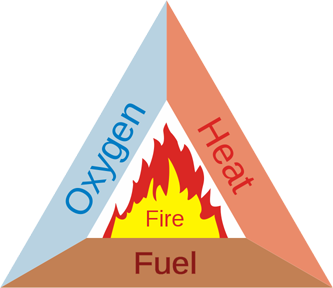Section 210.8(B)(2) requires all 15 and 20 amps 125V receptacles in nondwelling type kitchens to be GFCI protected. But what if the equipment is under a kitchen hood? Do you install a GFCI or a shunt-trip type breaker?
Welcome to the Forum
Not sure if you are mixing two separate requirements?
While GFCI requirements for all 15 and 20 receptacles in non-dwelling kitchens are required to be GFCI protected, fire codes also require all electric equipment under the hood to be disconnected by the fire protection system as well as gas has to be shut off by the suppression system also.
I mostly use GFCI breakers in commercial kitchens because of all the washing down of everything and receptacle type GFCIs don't hold up very good.
As for the disconnection of all electrical equipment under the hood most fire suppression systems will have a set of contacts in the Ansel system that you can use to drop out a contactor to shut down everything under the hood, or you can use a sub panel and contactor to shut down the sub panel and put all under the hood electrical loads on this sub panel, another way is to use these contacts to shunt trip a back fed main for this sub panel, remember the hood exhaust fan must be kept running when the fire suppression system is activated but make up air has to be shut down so the fire is not fed anymore air.


